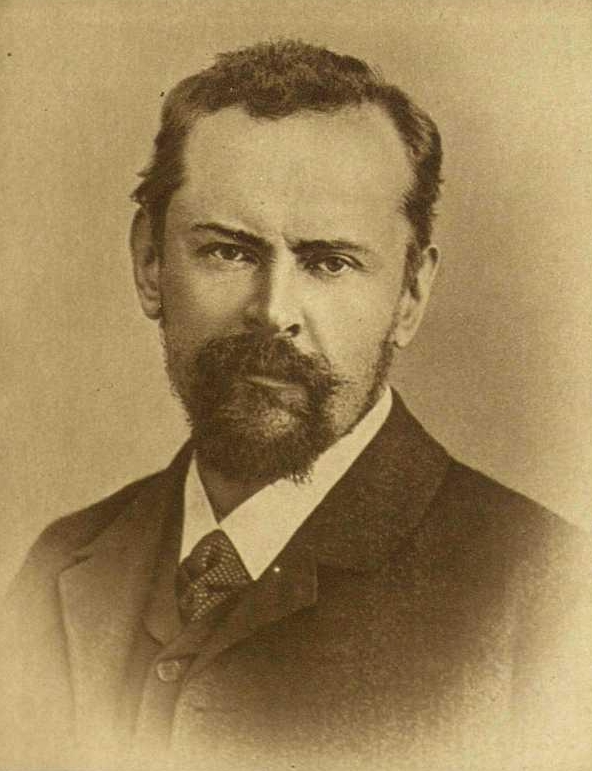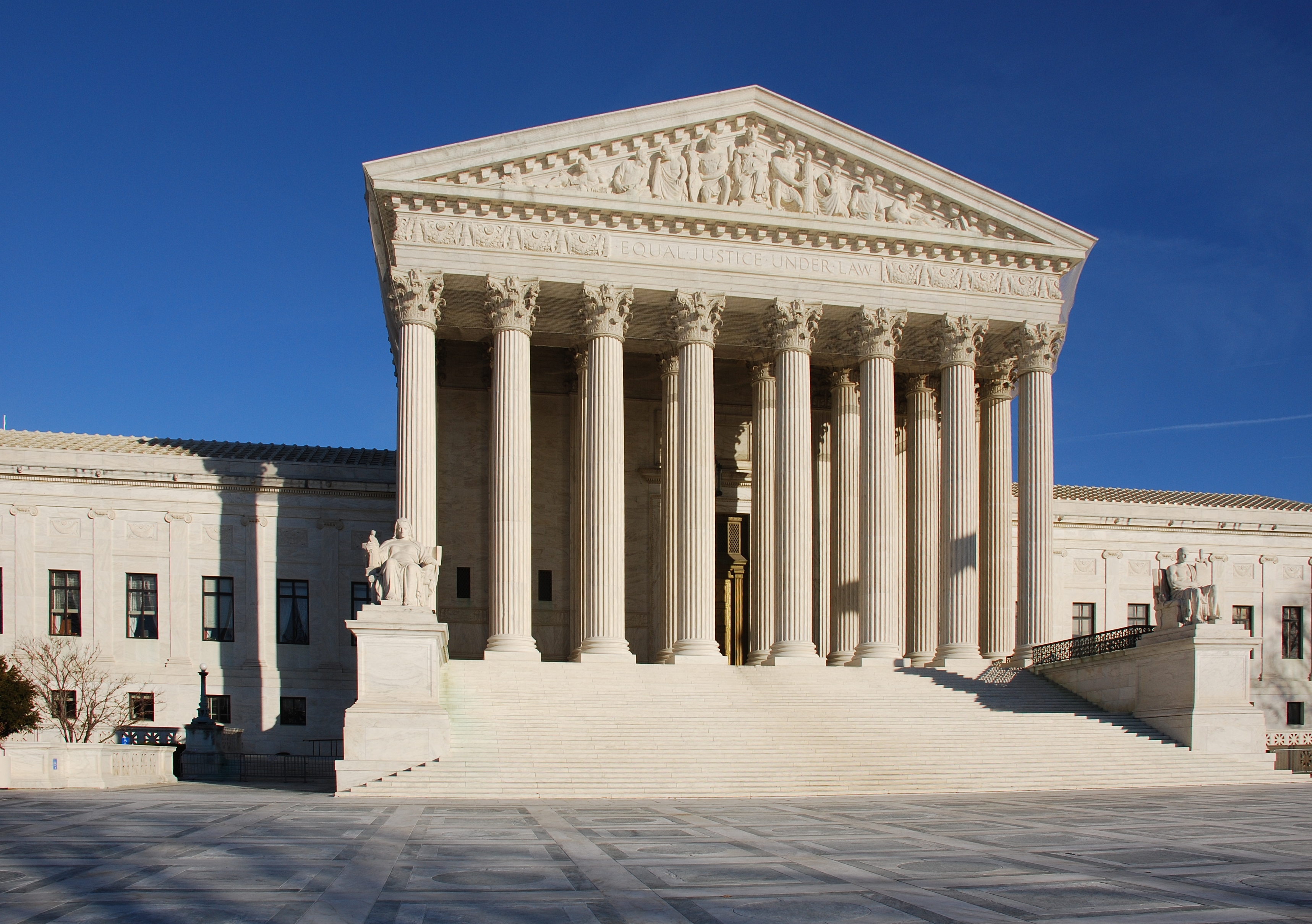|
Beseda
''Beseda'' ( rus, Беседа, p=bʲɪˈsʲedə, a=Ru-беседа.ogg, t=debate) was a clandestine discussion circle consisting of liberal "zemstvo men", among them prominent and grand names of the Russian aristocracy.Figes, p. 165 The intelligentsia discussion group was formed in the wake of resumed persecution of the zemstvos after increased liberties during the Russian famine of 1891–92. Beseda was formed in November 1899 and gathered 3 or 4 times a year. Founders of the circle were Dmitry Shakhovskoy, Pavel Dolgorukov, and Prince Sergei Nikolaevich Trubetskoy. It gradually lost its significance and the last meeting was held in October 1905.Kröner, A.W. (1998) "The Debate Between Miliukov and Maklakov on the Chances for Russian Liberalism", p. 23-25 The members, which included among others Prince Lvov, met in the palace of the Princes Dolgorukov in Moscow, and initially restricted discussion strictly to the affairs of the zemstvos. After the persecution of the zem ... [...More Info...] [...Related Items...] OR: [Wikipedia] [Google] [Baidu] |
Sergei Nikolaevich Trubetskoy
Prince Sergei Nikolaevich Trubetskoy (; 4 August [Old Style and New Style dates, O. S. 23 June] 1862 – 23 September 1905) was a List of Russian philosophers, Russian Christian philosophy, religious philosopher. He was the son of Prince Nikolai Petrovitch Trubetskoy, co-founder of the Moscow Conservatory, and Sophia Alekseievna Lopouchina, who was a big influence on his religious thought. Trubetskoy and his brother, Evgenii Nikolaevitch Troubetzkoy (1863–1920), continued Vladimir Solovyov (philosopher), Vladimir Solovyov's work on developing a modern Christian philosophy of the world. He was also a professor of philosophy at Moscow University and a founding member of the underground discussion circle ''Beseda''.Figes, p. 168 Biography Early life Trubetskoy became an adherent of the British Positivism, Positivists Herbert Spencer and John Stuart Mill as a teenager. Later he became disappointed with both and turned to Schopenhauer. Trubetskoy's study of Schopenhauer's philosophy l ... [...More Info...] [...Related Items...] OR: [Wikipedia] [Google] [Baidu] |
Zemstvo
A zemstvo (, , , ''zemstva'') was an institution of local government set up in consequence of the emancipation reform of 1861 of Imperial Russia by Emperor Alexander II of Russia. Nikolay Milyutin elaborated the idea of the zemstvo, and the first zemstvo laws went into effect in 1864. After the October Revolution of 1917 the zemstvo system was shut down by the Bolsheviks and replaced with a multilevel system of workers' and peasants' councils ("soviets"). History Zemstvos were created as part of the larger Great Reforms with the specific goal of creating organs of elected, local self-government. The existing system of local self-government in the Russian Empire was represented at the lowest level by the mir and at the regional level by the volost. These institutions continued during the zemstvo period; however, they were seen as insufficient, due to their lack of independent authority. In 1864, the first law on zemstvos was enacted by the Emperor, a law that outlined the p ... [...More Info...] [...Related Items...] OR: [Wikipedia] [Google] [Baidu] |
Dmitry Shipov
Dmitry Nikolaevich Shipov (14 May 1851 – 14 January 1920) was a Russian liberal Slavophile politician of the 19th and 20th centuries.Figes, pp. 164–5 Shipov acted as a political mentor of Georgy Lvov, Russia's future first Prime Minister.Figes, p. 194 According to Solzhenitsyn in “November 1916”, Shipov was not, or ought not to have been considered a ‘Slavophile’, a slandering term at the time assigned to him by his radically leftist opponents—one which appears to have ‘tarred’ him, inaccurately, to this day!" Biography Early life Shipov was a graduate of St. Petersburg University. He was elected Chairman of Volokolamsk Uezd Zemstvo Board in 1891, and of Moscow Gubernia Zemstvo Board in 1900. Shipov was a deeply conservative Christian.Pipes, p. 172 Career Dmitry Shipov organised the zemstvos at a national level. Despite the zemstvos crucial role in bringing about the 1905 Revolution, the zemstvo men being 'unlikely pioneers', Shipov himself was strongly oppos ... [...More Info...] [...Related Items...] OR: [Wikipedia] [Google] [Baidu] |
Dmitry Shakhovskoy
Prince Dmitry Ivanovich Shakhovskoy (; 1861, Tsarskoye Selo – 1939, Moscow) was a Russian liberal politician. Life Active participant in zemstvo congresses, 1904–1905; one of the organizers of the Union of Liberation. One of the founders of Beseda and permanent member of the Central Committee of the Constitutional Democratic Party. Member and secretary of the Cadet group in the First State Duma (Russian Empire). In May–July 1917 he was Minister of Social Welfare in the Russian Provisional Government. After the Bolshevik revolution he was active in Soviet cooperative institutions, 1930. He was arrested by the NKVD The People's Commissariat for Internal Affairs (, ), abbreviated as NKVD (; ), was the interior ministry and secret police of the Soviet Union from 1934 to 1946. The agency was formed to succeed the Joint State Political Directorate (OGPU) se ... and executed on 15 April 1939. References * V.I. GurkoFeatures And Figures Of The Past. Government And Opi ... [...More Info...] [...Related Items...] OR: [Wikipedia] [Google] [Baidu] |
Dolgorukov
The House of Dolgorukov ( rus, Долгору́ков, p=dəlɡɐˈrukəf) is a princely Russian family of Rurikid stock. They are a cadet branch of the Obolenskiy family (until 1494 the rulers of Obolensk, one of the Upper Oka Principalities) and as such claiming patrilineal descent from Mikhail of Chernigov (d. 1246). The founder of the Dolgorukov branch of the Obolenskiy is Prince Ivan Andreevich Obolenskiy (15th century), who for his vengefulness was given the nickname of ''Долгорукий'' (''Dolgorukiy''/''Dolgoruky''), i.e. "far-reaching". Obolensk was incorporated into the expanding Grand Duchy of Moscow in 1494, and the house of Dolgorukov became a powerful noble family in Tsardom of Russia and the Russian Empire. List of members Members of the House of Dolgorukov include: * Maria Dolgorukaya (d. 1580), a wife of Ivan IV *Grigori Ivanovich Menshoi Chyort ("the Devil") Dolgorukov (''Князь Григорий Иванович Меньшой Чёрт Дол ... [...More Info...] [...Related Items...] OR: [Wikipedia] [Google] [Baidu] |
Constitutional Democratic Party
The Constitutional Democratic Party (, K-D), also called Constitutional Democrats and formally the Party of People's Freedom (), was a political party in the Russian Empire that promoted Western constitutional monarchy—among other policies—and attracted a base ranging from moderate conservatives to mild socialists. Party members were called Kadets (or Cadets) from the abbreviation K-D of the party name. Konstantin Kavelin's and Boris Chicherin's writings formed the theoretical basis of the party's platform. Historian Pavel Miliukov was the party's leader throughout its existence. The Kadets' base of support were primarily intellectuals and professionals; university professors and lawyers were particularly prominent within the party. Many Kadet party members were veterans of the zemstvo, local councils. The Constitutional Democratic Party formed from the merger of several liberal groupings, namely the Union of Liberation, the Union of Zemstvo Constitutionalists and th ... [...More Info...] [...Related Items...] OR: [Wikipedia] [Google] [Baidu] |
Slavophiles
Slavophilia () was a movement originating from the 19th century that wanted the Russian Empire to be developed on the basis of values and institutions derived from Russia's early history. Slavophiles opposed the influences of Western Europe in Russia. Depending on the historical context, the opposite of Slavophilia could be seen as Slavophobia (a fear of Slavic culture) or also what some Russian intellectuals (such as Ivan Aksakov) called ''zapadnichestvo'' (westernism). History Slavophilia, as an intellectual movement, was developed in 19th-century Russia. In a sense, there was not one but many Slavophile movements or many branches of the same movement. Some were left-wing and noted that progressive ideas such as democracy were intrinsic to the Russian experience, as proved by what they considered to be the rough democracy of medieval Novgorod. Some were right-wing and pointed to the centuries-old tradition of the autocratic tsar as being the essence of the Russian nature. ... [...More Info...] [...Related Items...] OR: [Wikipedia] [Google] [Baidu] |
Magnate
The term magnate, from the late Latin ''magnas'', a great man, itself from Latin ''magnus'', "great", means a man from the higher nobility, a man who belongs to the high office-holders or a man in a high social position, by birth, wealth or other qualities in Western Christian countries since the medieval period. It also includes the members of the higher clergy, such as bishops, archbishops and cardinals. In reference to the medieval, the term is often used to distinguish higher territorial landowners and warlords, such as counts, earls, dukes, and territorial-princes from the baronage. In Poland the ''szlachta'' (nobles) constituted one of the largest proportions of the population (around 10-12%) and 'magnat' refers to the richest nobles, or nobles of the nobility - even though they had equal voting rights in Poland's electoral monarchy. England In England, the magnate class went through a change in the later Middle Ages. It had previously consisted of all tenants-in-chie ... [...More Info...] [...Related Items...] OR: [Wikipedia] [Google] [Baidu] |
Constitutionalists
Constitutionalism is "a compound of ideas, attitudes, and patterns of behavior elaborating the principle that the authority of government derives from and is limited by a body of fundamental law". Political organizations are constitutional to the extent that they "contain institutionalized mechanisms of power control for the protection of the interests and liberties of the citizenry, including those that may be in the minority". As described by political scientist and constitutional scholar David Fellman: Definition Constitutionalism has prescriptive and descriptive uses. Law professor Gerhard Casper captured this aspect of the term in noting, "Constitutionalism has both descriptive and prescriptive connotations. Used descriptively, it refers chiefly to the historical struggle for constitutional recognition of the people's right to 'consent' and certain other rights, freedoms, and privileges. Used prescriptively, its meaning incorporates those features of government se ... [...More Info...] [...Related Items...] OR: [Wikipedia] [Google] [Baidu] |
Prince Lvov
The House of Lvov () is a princely Russian family of Rurikid stock. The family is descended from the princes (''knyazes'') of Yaroslavl where early members of the family are buried.https://russiannobility.org/princes-of-the-russian-empire/ Notable members *Knyaz Matvey Danilovich (?–1603), Voivod in Tobolsk (1592) and in Verkhoturye (1601) *Knyaz Ivan Dimitriyevich, Voivod in Tyumen (1635–1639) *Knyaz Alexey Mikhaylovich (?–1653), Stolnik (1613), Okolnichiy (1627–), Boyar (1635) and head of the 'Prikaz of the Great Palace' (that is, a court marshal) *Knyaz Dmitry Petrovich (?–1660), Boyar (1655) *Knyaz Nikita Yakovlevich (?–1670), Okolnichiy and head of the Yamskoy Prikaz (the earliest version of the Russian Post Office, see ''prikaz'') *Knyaz Mikhail Nikitich (?–1692), Boyar (1692) *Knyaz (1834–1865), writer *Knyaz Georgy Yevgenyevich (1861–1925) (32nd generation Rurikid), Russian Prime Minister *Knyaz Alexander Dimitriyevich (1863–1922), Fire-Briga ... [...More Info...] [...Related Items...] OR: [Wikipedia] [Google] [Baidu] |
Liberalism
Liberalism is a Political philosophy, political and moral philosophy based on the Individual rights, rights of the individual, liberty, consent of the governed, political equality, the right to private property, and equality before the law. Liberals espouse various and often mutually conflicting views depending on their understanding of these principles but generally support private property, market economies, individual rights (including civil rights and human rights), liberal democracy, secularism, rule of law, Economic freedom, economic and political freedom, freedom of speech, freedom of the press, freedom of assembly, and freedom of religion.Generally support: * * * * * * *constitutional government and privacy rights * Liberalism is frequently cited as the dominant ideology of modern history.Wolfe, p. 23. Liberalism became a distinct Political movement, movement in the Age of Enlightenment, gaining popularity among Western world, Western philosophers and economists. L ... [...More Info...] [...Related Items...] OR: [Wikipedia] [Google] [Baidu] |






